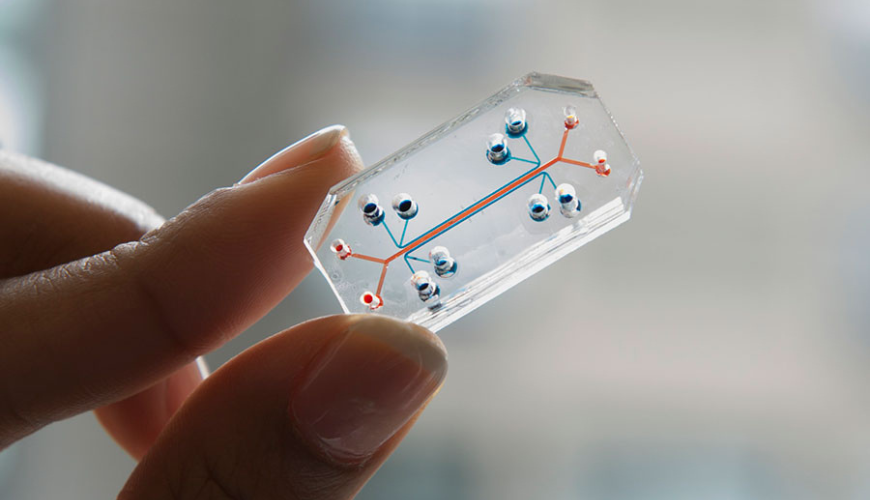
In the article Human disease models in drug development published in Nature, the authors delve into the critical role of human disease models in drug development, emphasizing the importance of bridging the gap between bench and bedside. They shed light on the challenges and opportunities associated with leveraging human disease models to accelerate the discovery and development of novel therapies.
The traditional use of animal testing in preclinical drug testing factors into the notoriously high failure rate of the current drug development process. The authors underscore the limitations of animal testing when it comes to accurately predicting drug response in humans. This recognition sets the stage for a compelling exploration of the potential of human disease models.
A diverse range of human disease models is currently employed in drug development. From patient-derived cells and tissues to organoids, the authors highlight the advances that have been made in recreating human disease physiology in the lab.
They articulate the benefits of these models, such as improved translatability, personalized medicine potential, and reduced use of animal testing.
Human disease models present challenges and limitations that the authors outline. They discuss the need for standardized protocols, quality control measures, and ethical considerations in the generation and utilization of these models. By acknowledging these hurdles, they stimulate first principles thinking and highlight the areas that require further research and refinement.
Importantly, the authors highlight the critical need for interdisciplinary collaboration and knowledge sharing to advance the field of human disease models. Close collaboration between researchers, clinicians, pharmaceutical companies, and regulatory agencies to accelerate the translation of discoveries into clinical applications is essential.
This Nature article serves as a compelling call to action for the integration of human disease models in drug development. By showcasing the advancements, challenges, and opportunities in this field, the authors inspire a collective effort to bridge the gap between bench and bedside. The Center for Contemporary Sciences feels a sense of urgency to facilitate the refinement and expansion of the use of human disease models, ultimately leading to more effective and personalized treatments for human diseases. Read more about our Animal Free Precision Medicine initiative in partnership with the Methuselah Foundation.

